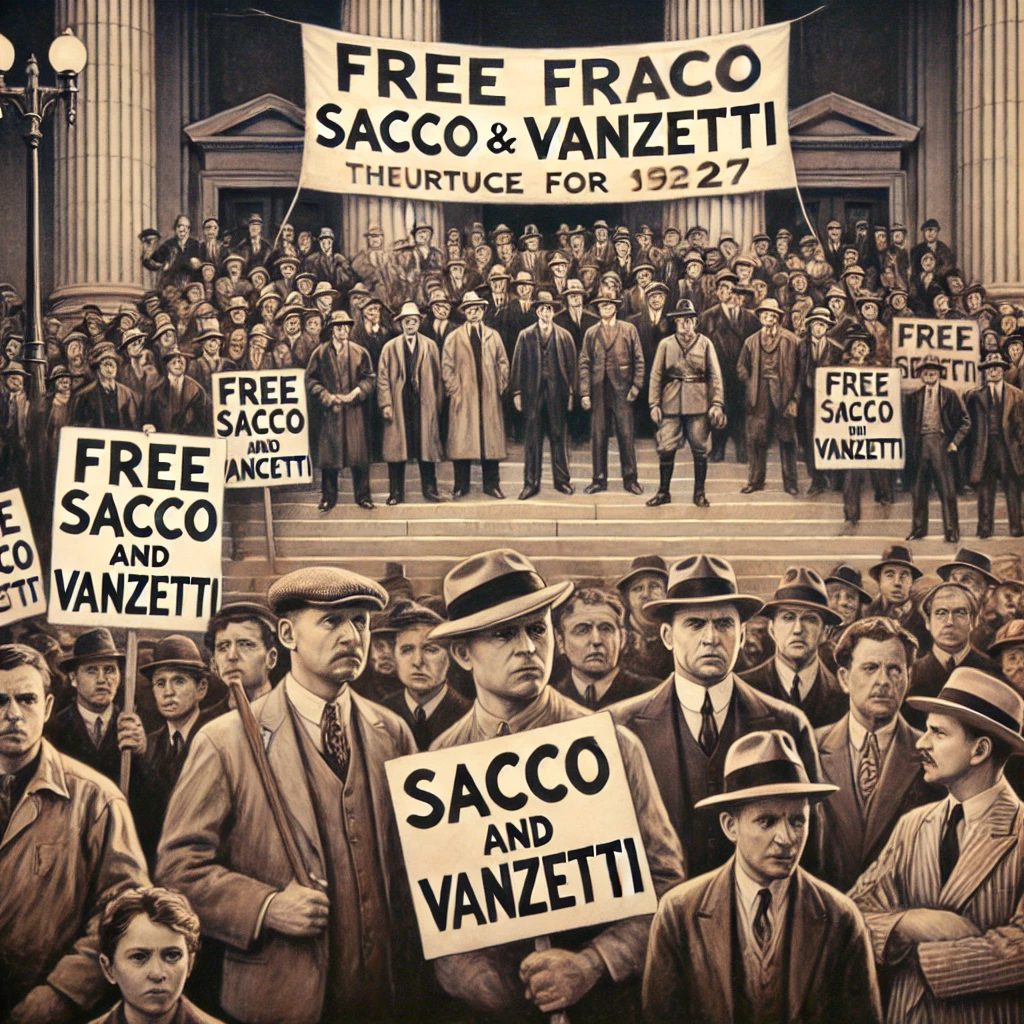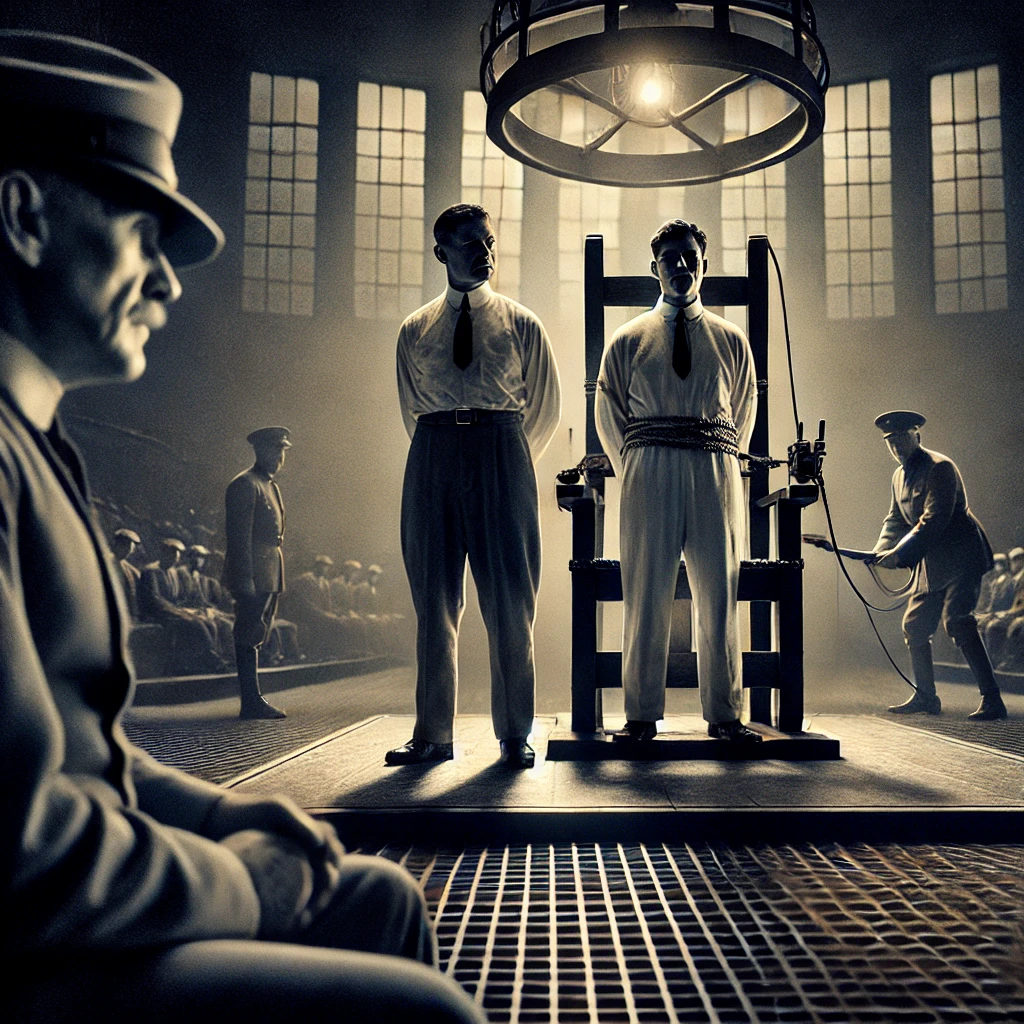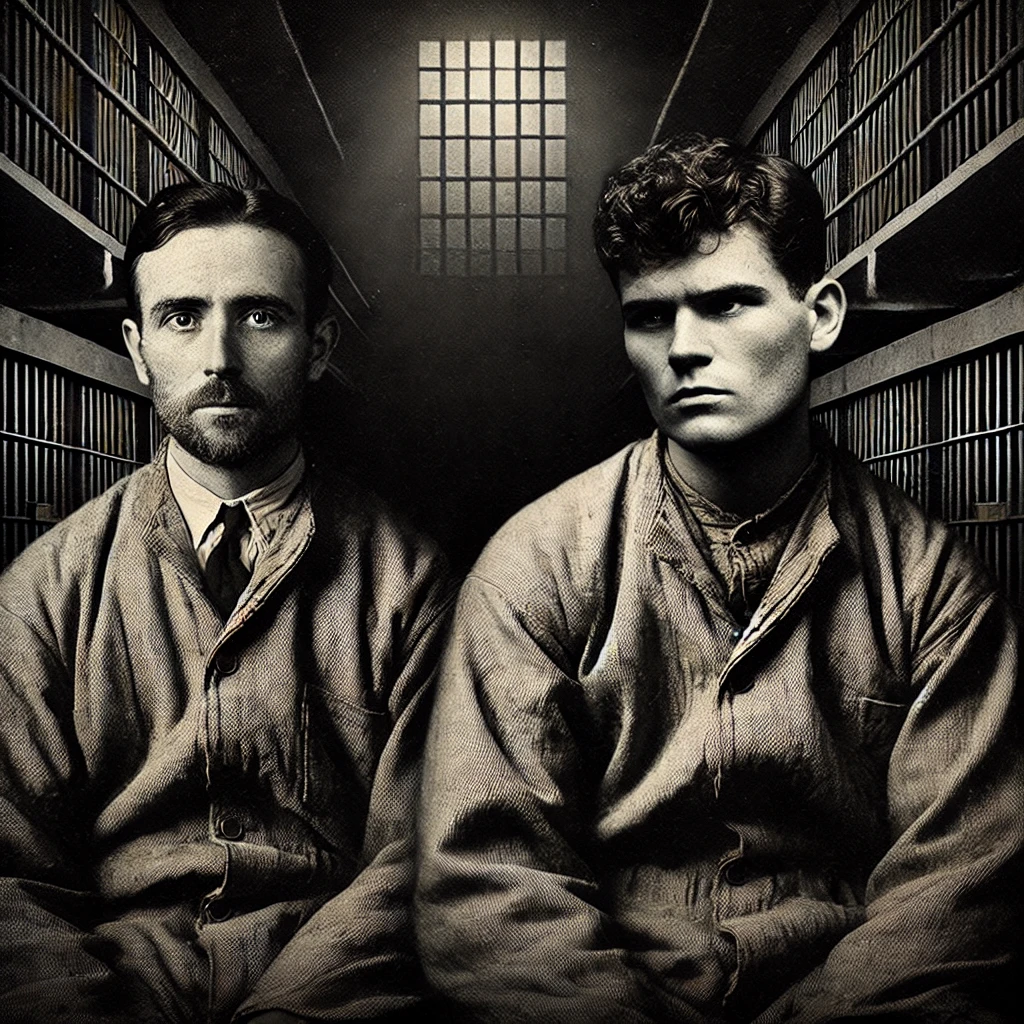On August 23, 1927, Nicola Sacco and Bartolomeo Vanzetti were executed in the electric chair at Charlestown State Prison in Massachusetts. The execution of these two Italian-American anarchists, who had been convicted of murder and robbery, was the culmination of a highly controversial legal case that had drawn widespread attention and sparked intense debate. Sacco and Vanzetti had been charged with the 1920 robbery and murder of two payroll clerks in South Braintree, Massachusetts.
Their trial and subsequent conviction were marred by allegations of judicial bias, inadequate legal representation, and widespread anti-immigrant sentiment. Sacco and Vanzetti’s defenders argued that the trial was influenced more by their political beliefs and immigrant status than by solid evidence. The case became a focal point for debates about justice, civil rights, and the treatment of immigrants in the United States during the early 20th century.

The Controversy and Public Outcry
The execution of Sacco and Vanzetti was met with a significant outcry both in the United States and internationally. Supporters of the two men believed they were victims of a flawed judicial system that had been swayed by prejudice and political considerations rather than by facts and evidence. Protests and demonstrations erupted in various cities, with many people demanding clemency or a retrial for the accused.
The case was further complicated by the political climate of the time, which was marked by fear of radicalism and a strong anti-anarchist sentiment. Sacco and Vanzetti were known for their anarchist beliefs and had been involved in various labor and political movements, which many believed influenced the outcome of their trial. The widespread belief that the trial had been unjust contributed to the ongoing controversy and debate surrounding the case

Legacy and Historical Impact
The execution of Sacco and Vanzetti left a lasting impact on the American legal and political landscape. The case highlighted issues related to the fairness of the judicial system, the influence of political and social biases, and the treatment of immigrants and political radicals. It also sparked broader discussions about civil liberties and the need for reforms in the legal system.
In the years following their execution, Sacco and Vanzetti were the subject of numerous investigations, books, and articles that sought to reassess the evidence and the conduct of their trial. The case remains a significant example of the complexities and challenges involved in ensuring justice and addressing issues of bias and prejudice in the legal system.

August 23, 1927, stands as a somber reminder of the impact of prejudice and political influence on the pursuit of justice. The execution of Sacco and Vanzetti continues to be remembered as a pivotal moment in the history of American civil rights and legal reform, symbolizing the ongoing struggle for fairness and equality in the judicial system.
